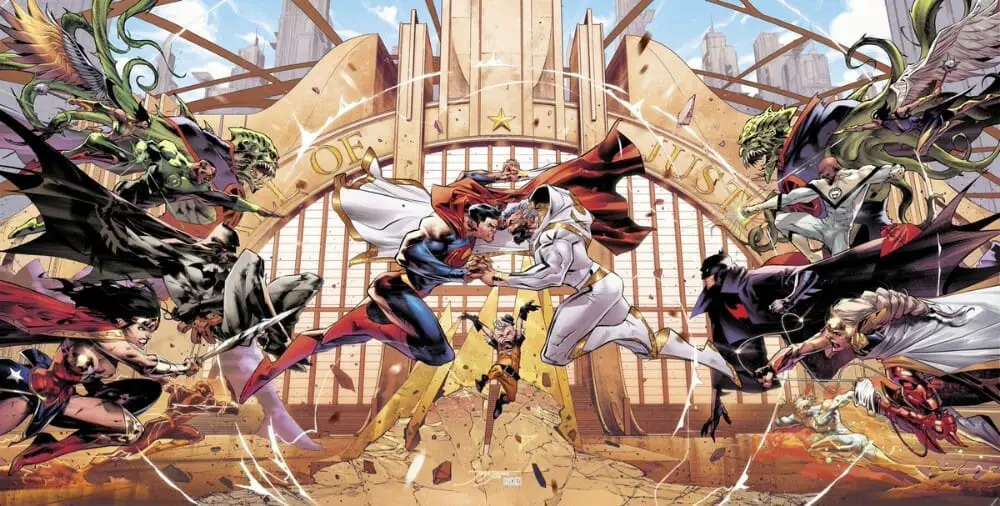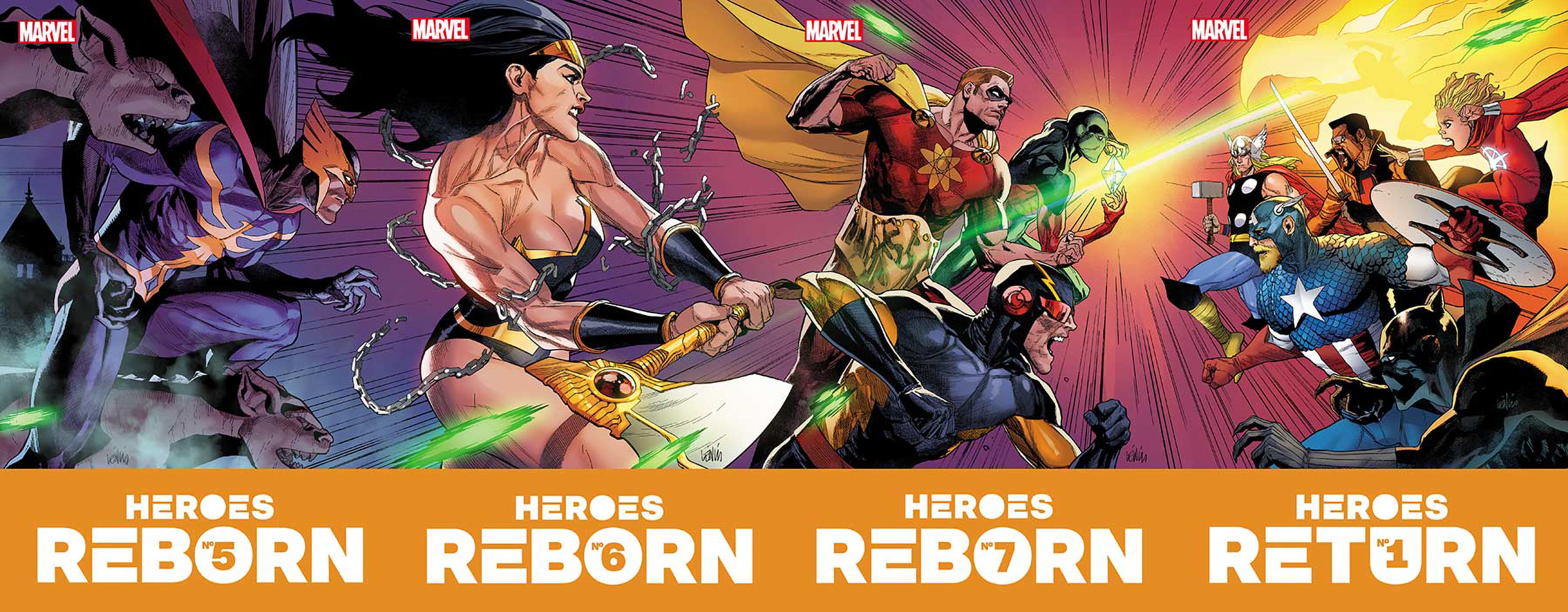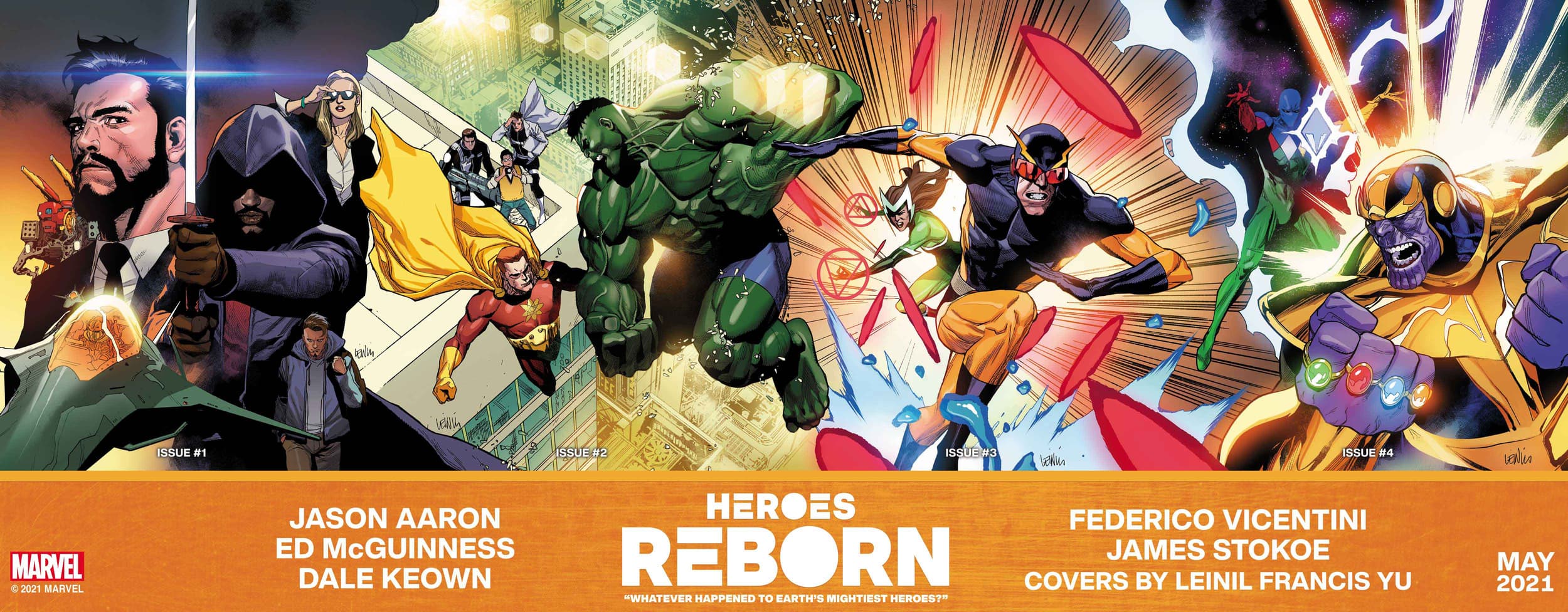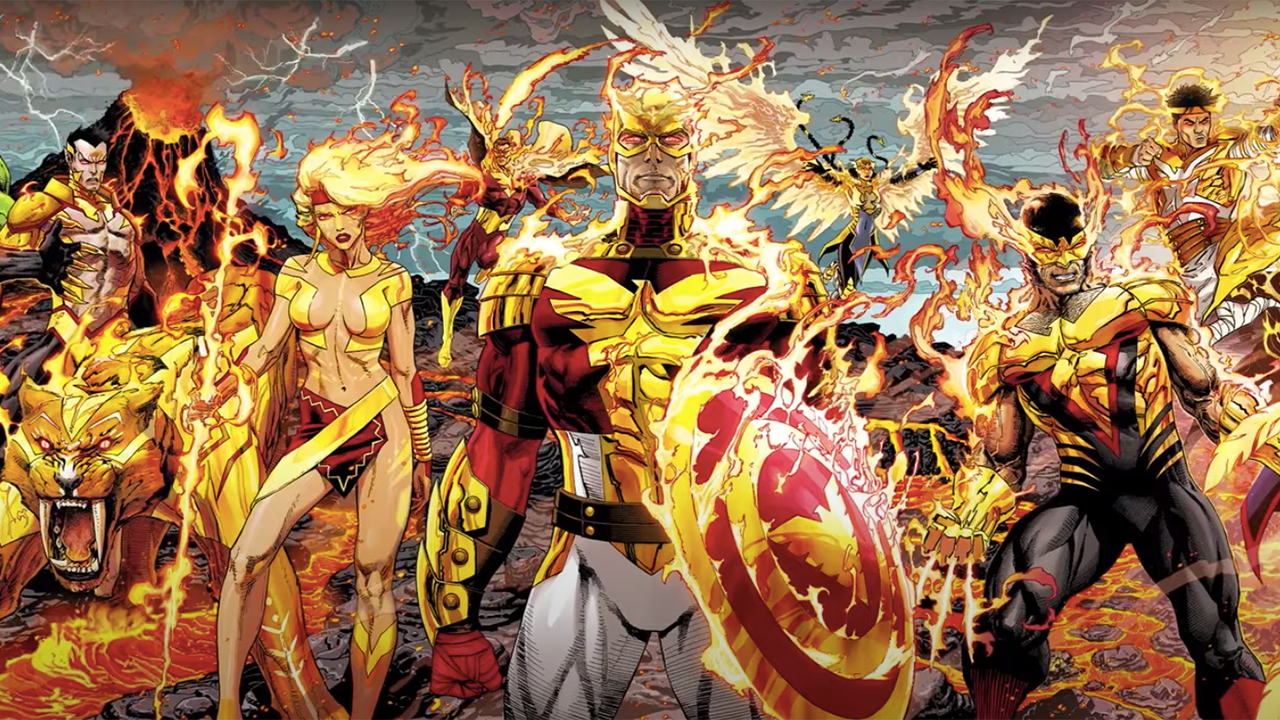
So, hopefully, dear reader, you find this project of interest at least for all the neat ideas and characters that have fallen by the wayside in recent years. The fact that in the 1980s Monica Rambeau was Captain Marvel and held tenure as team leader of the Avengers is just one instance of the rich potential here that has been sorely neglected, especially with the dull and constrained narrowness of Aaron’s current work—which bears only the most superficial trappings of epic adventure (an unfortunate downfall from his legendary Thor). Whether or not you agree on this last, though, I think most Earth’s Mightiest fans will discover and rediscover some fascinating bits of forgotten lore, both in-universe and behind the scenes.
In this prelude piece, we’ll do a brief rundown of two early famous epics that didn’t work successfully as coherent stories. Future pieces will delve such titles as The Serpent Crown Saga, The Korvac Saga, Nights of Wundagore, Absolute Vision, Under Siege, Avengers Forever—and quite a few more! If you’re familiar with these sagas, hopefully you’ll still find something interesting, new or insightful to take away. Of course, enthused readers are welcome to leave a comment for friendly correction or disagreement. Learning anew and reconsidering based on well-meaning debate are essential to a healthy brain 😉. For fans unfamiliar with this earlier material, I hope only to pique your curiosity in seeking out this fascinating content. [Read more…] about When the Avengers Ruled, Prelude (Pt. 0)










 RB:
RB:



